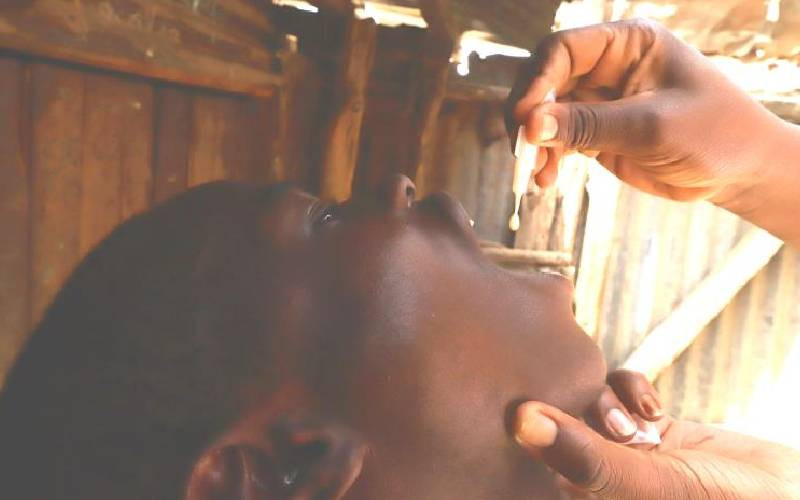×
The Standard e-Paper
Home To Bold Columnists

The percentage of the population that has taken the cholera vaccine in the four targeted counties of a vaccination drive has been high, according to the Ministry of Health.
The targeted campaign of Oral Cholera Vaccine, the first ever in the country, was launched last week to prevent deaths and new cases.